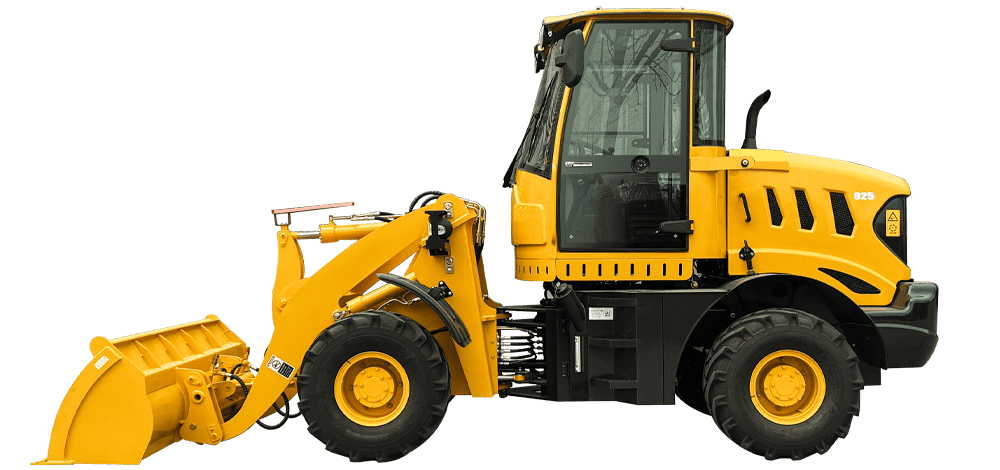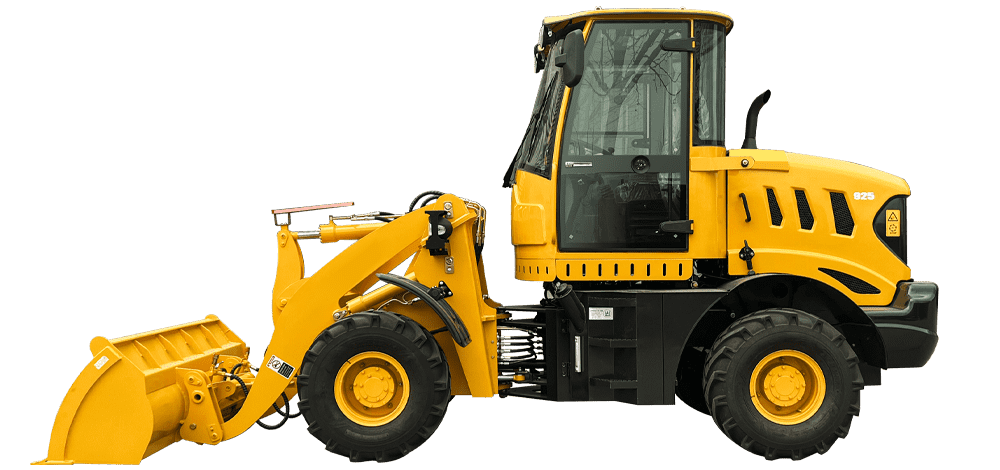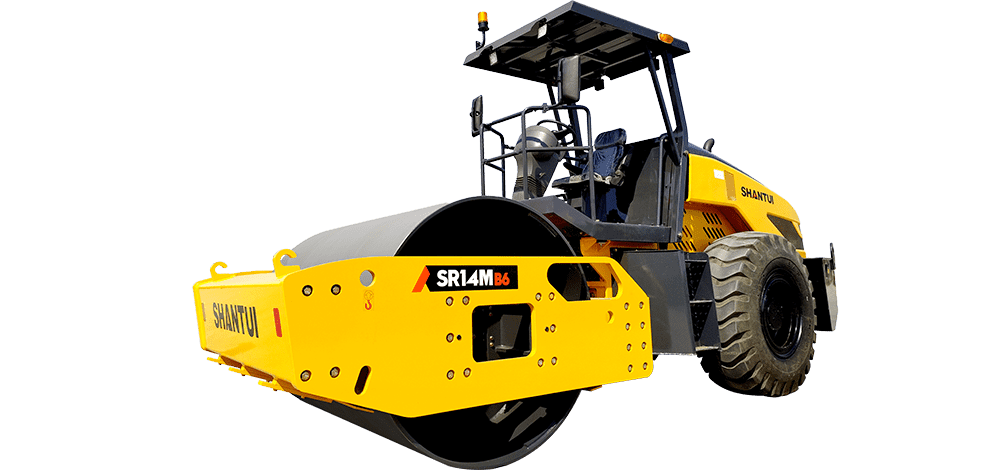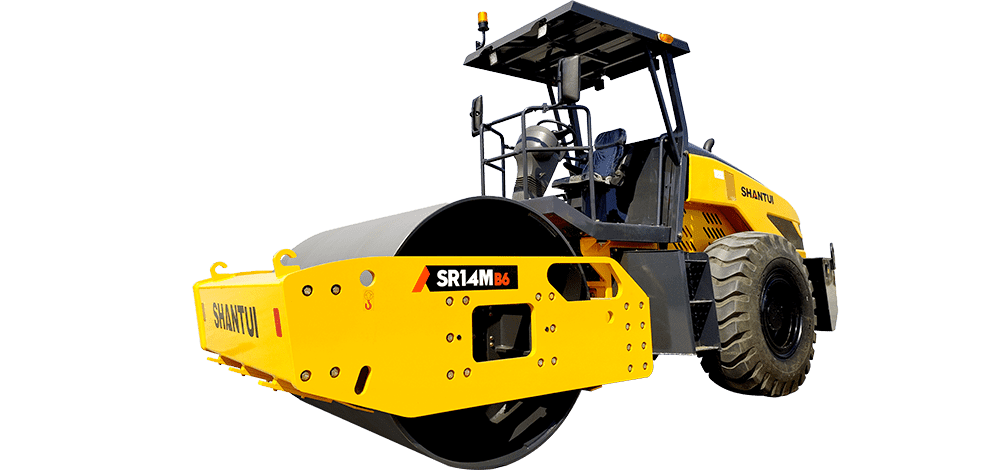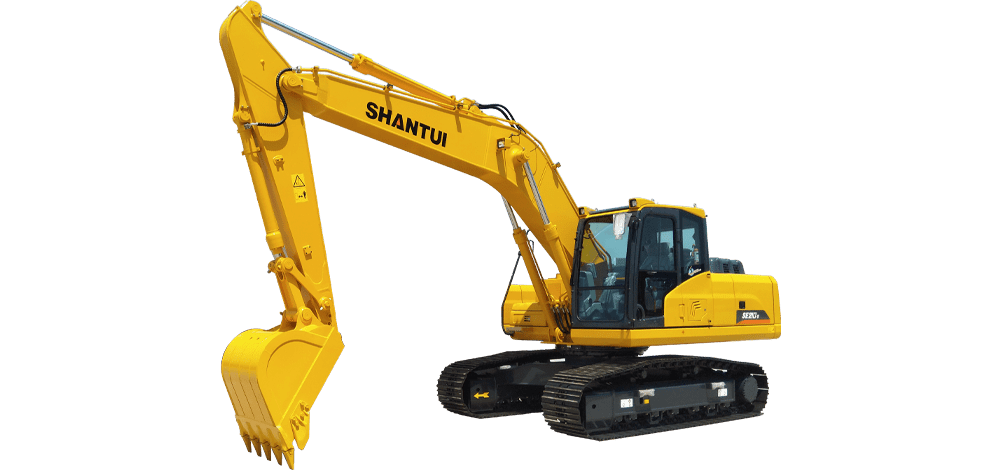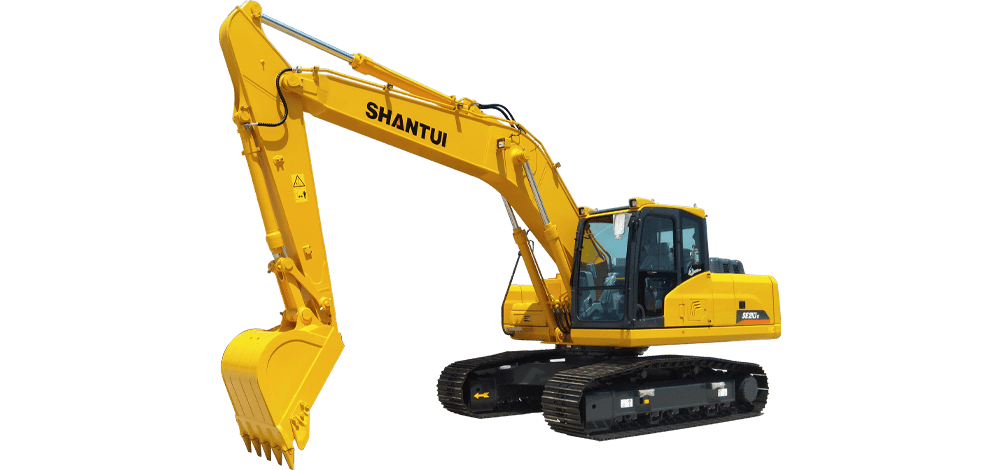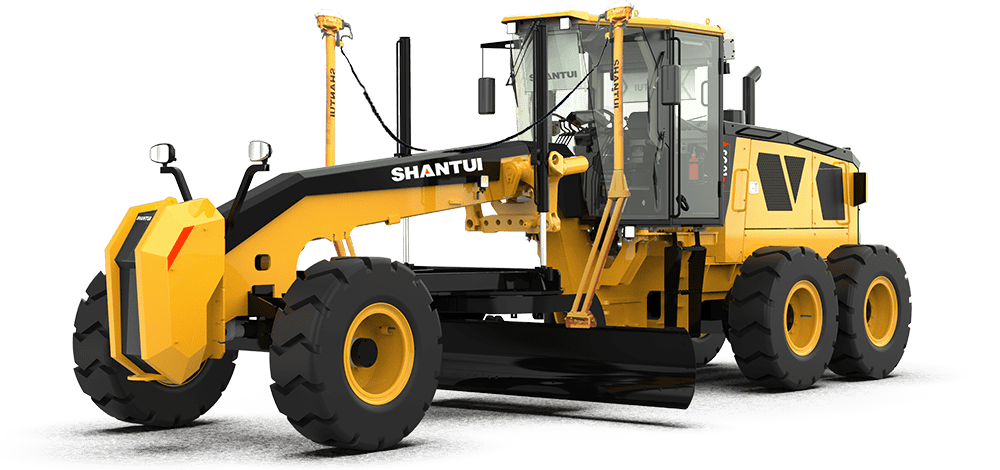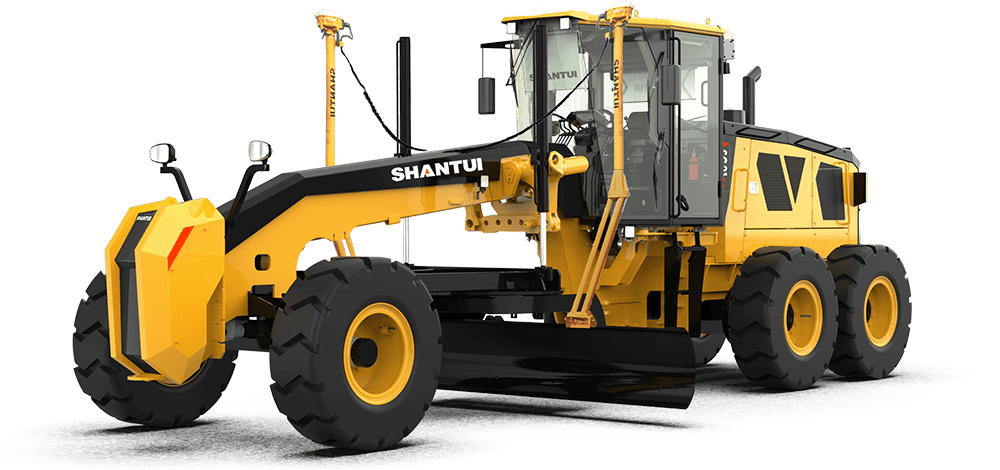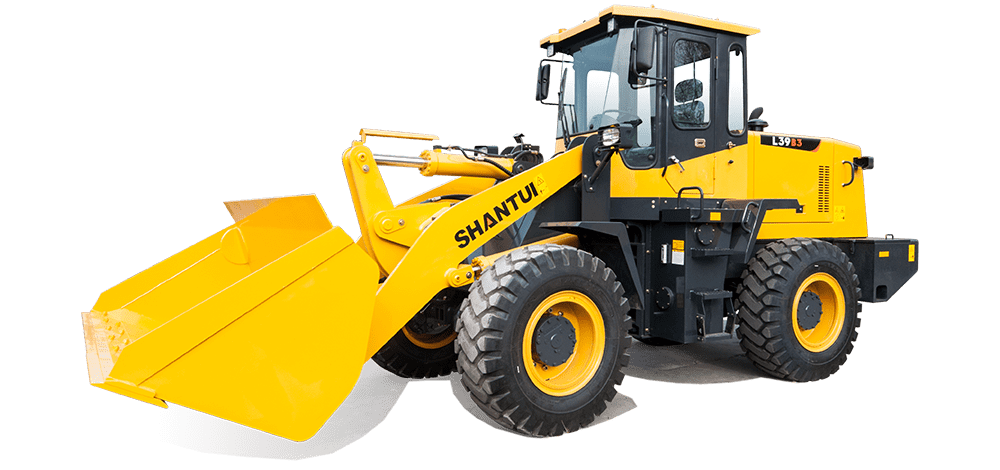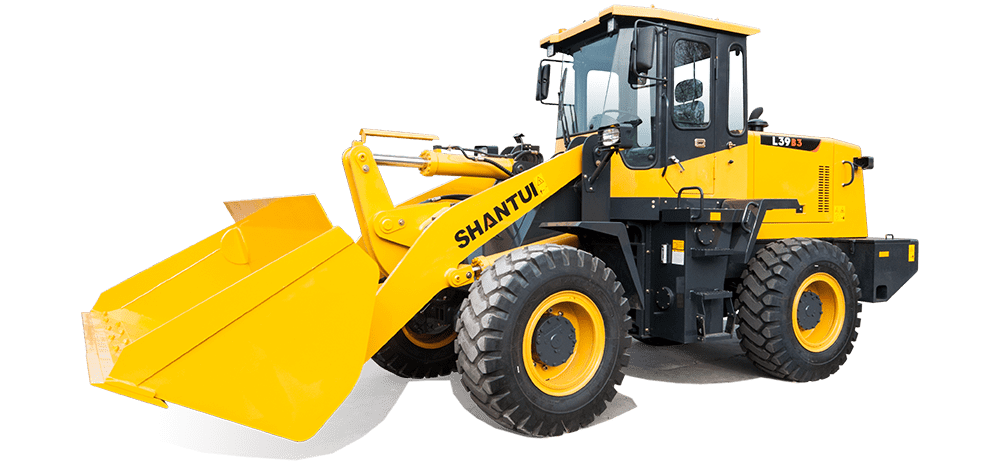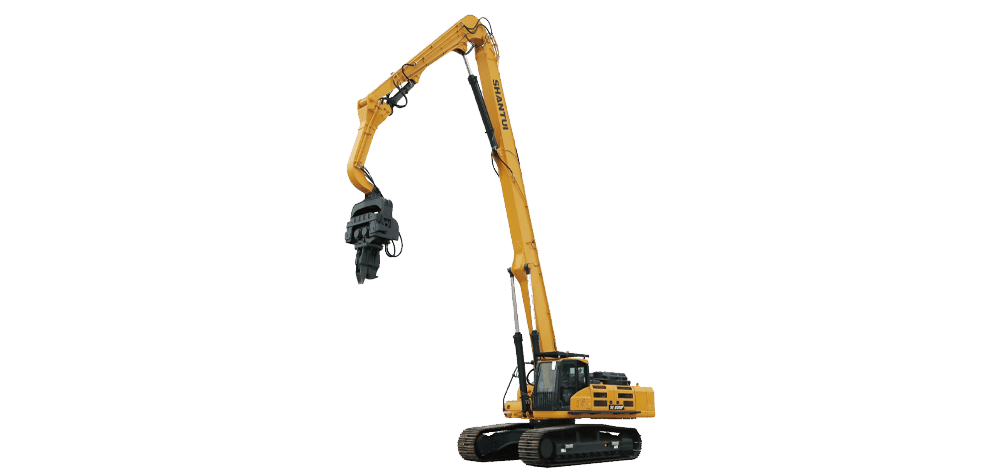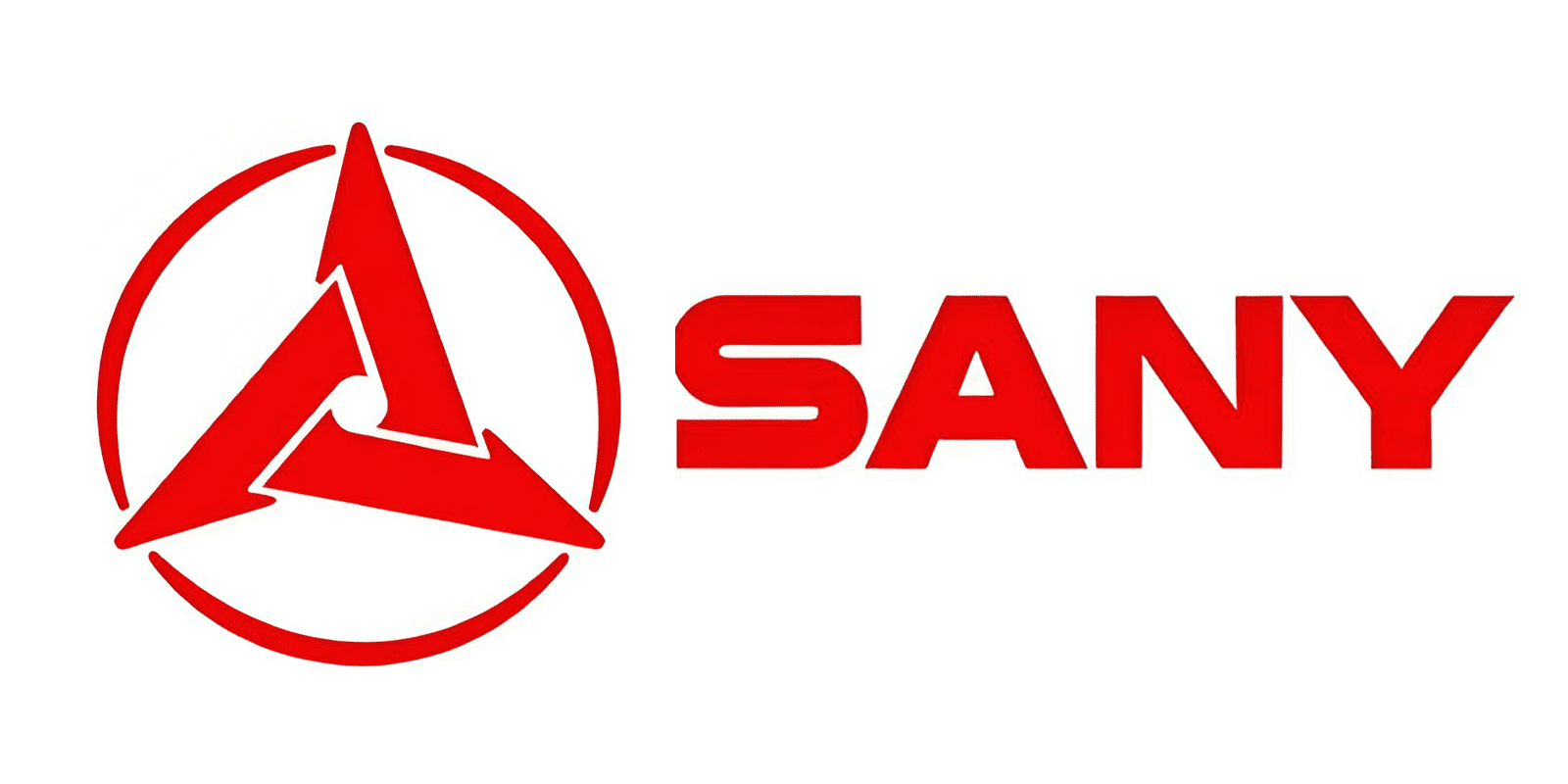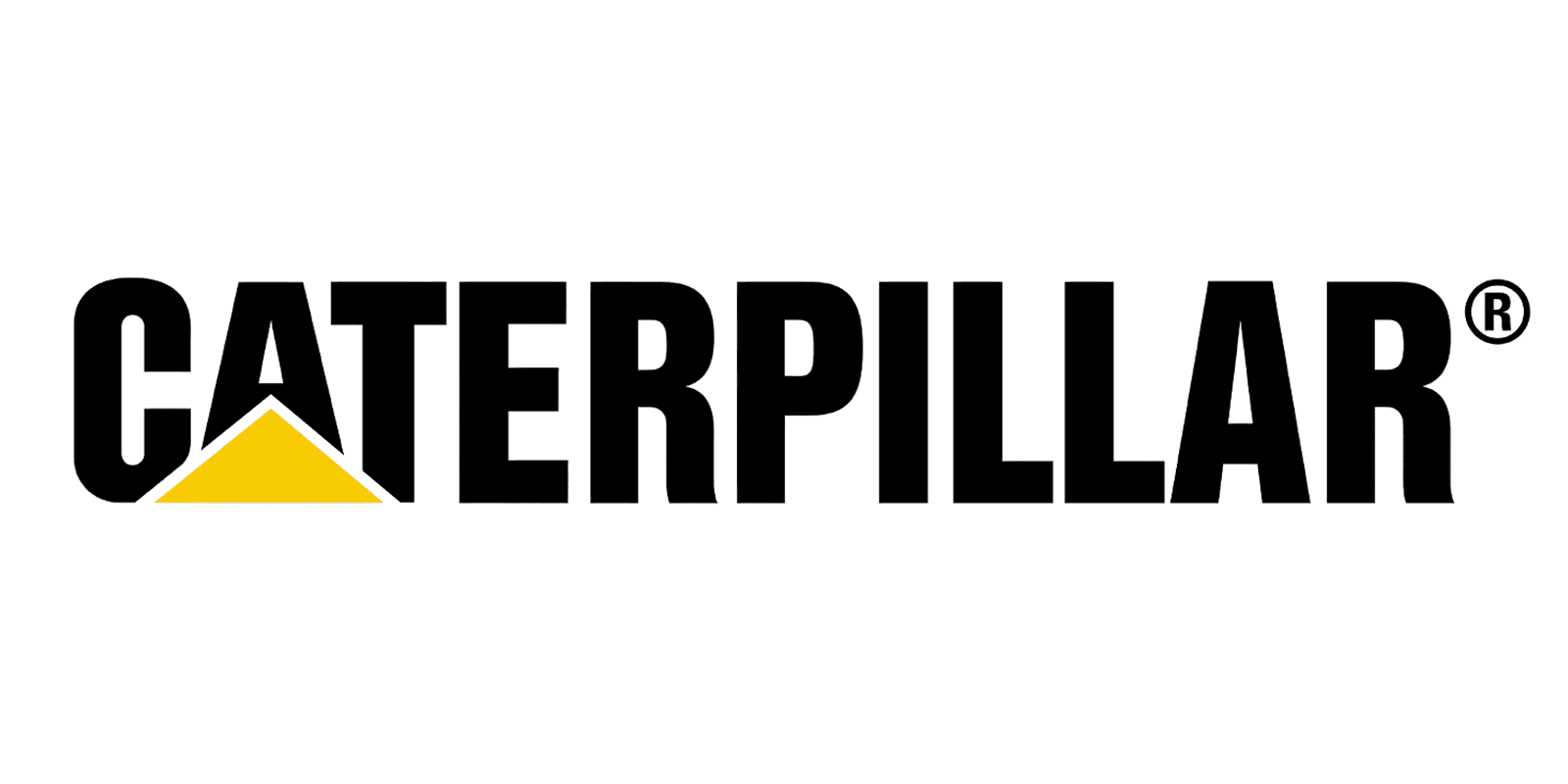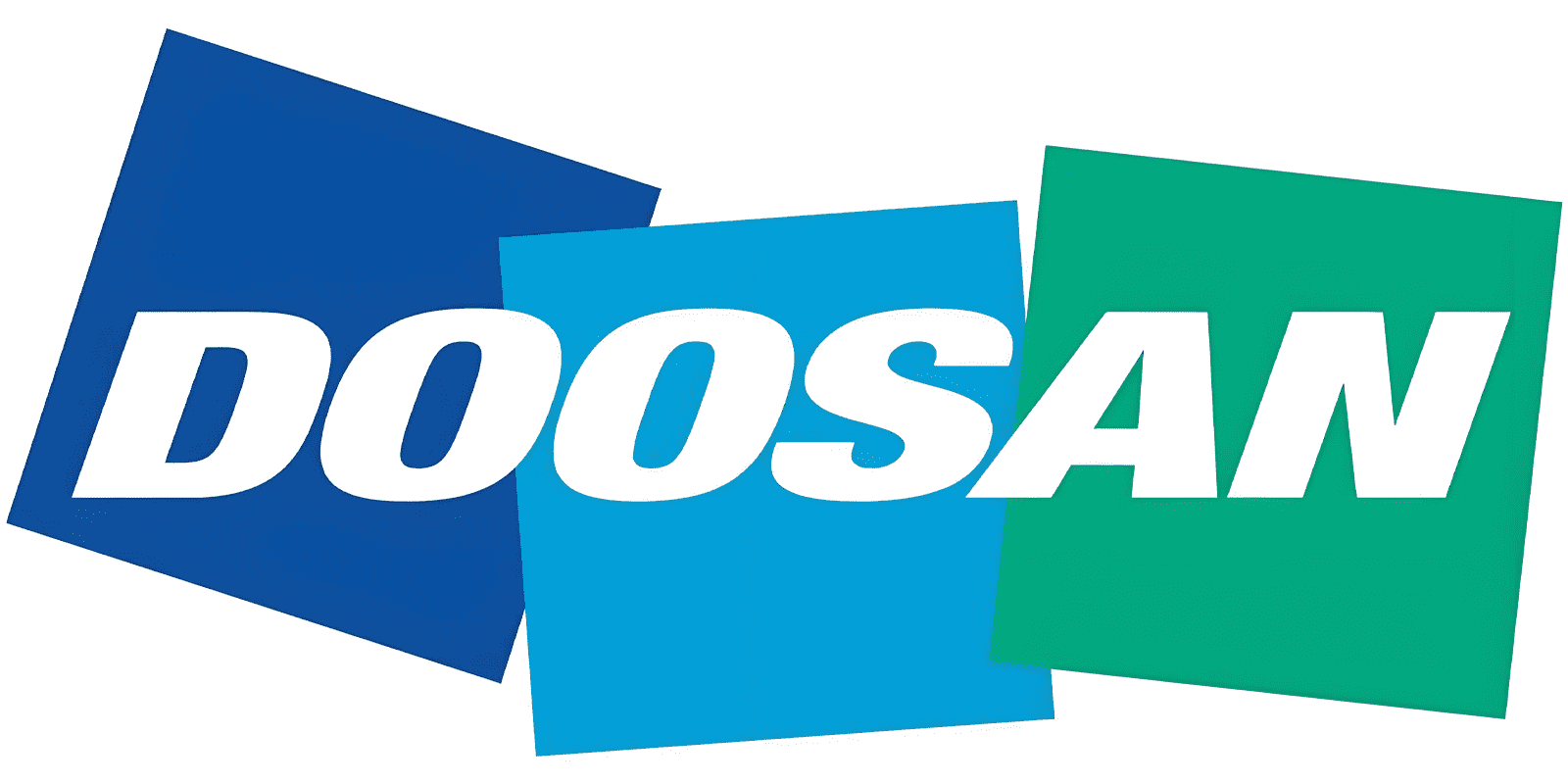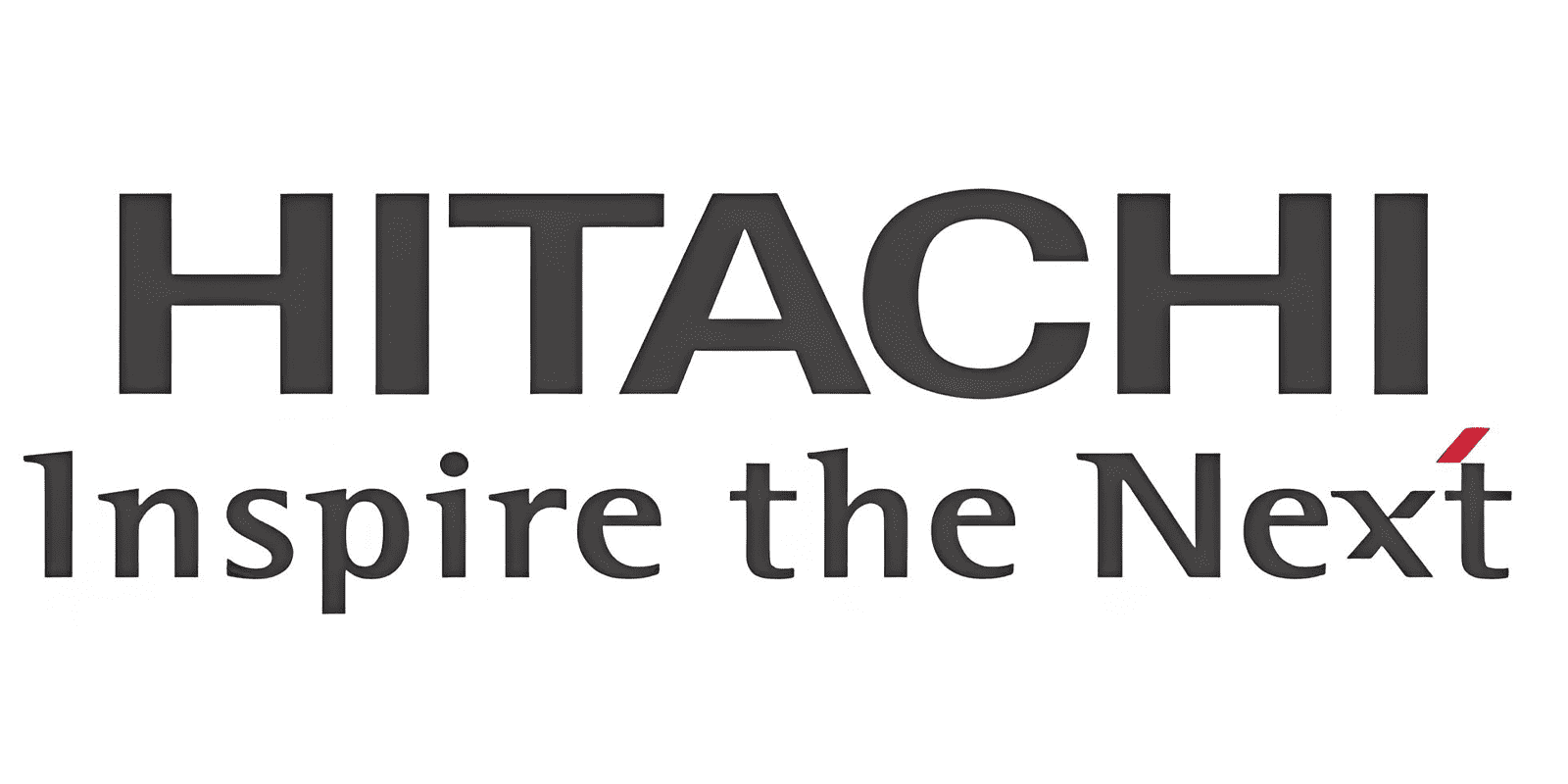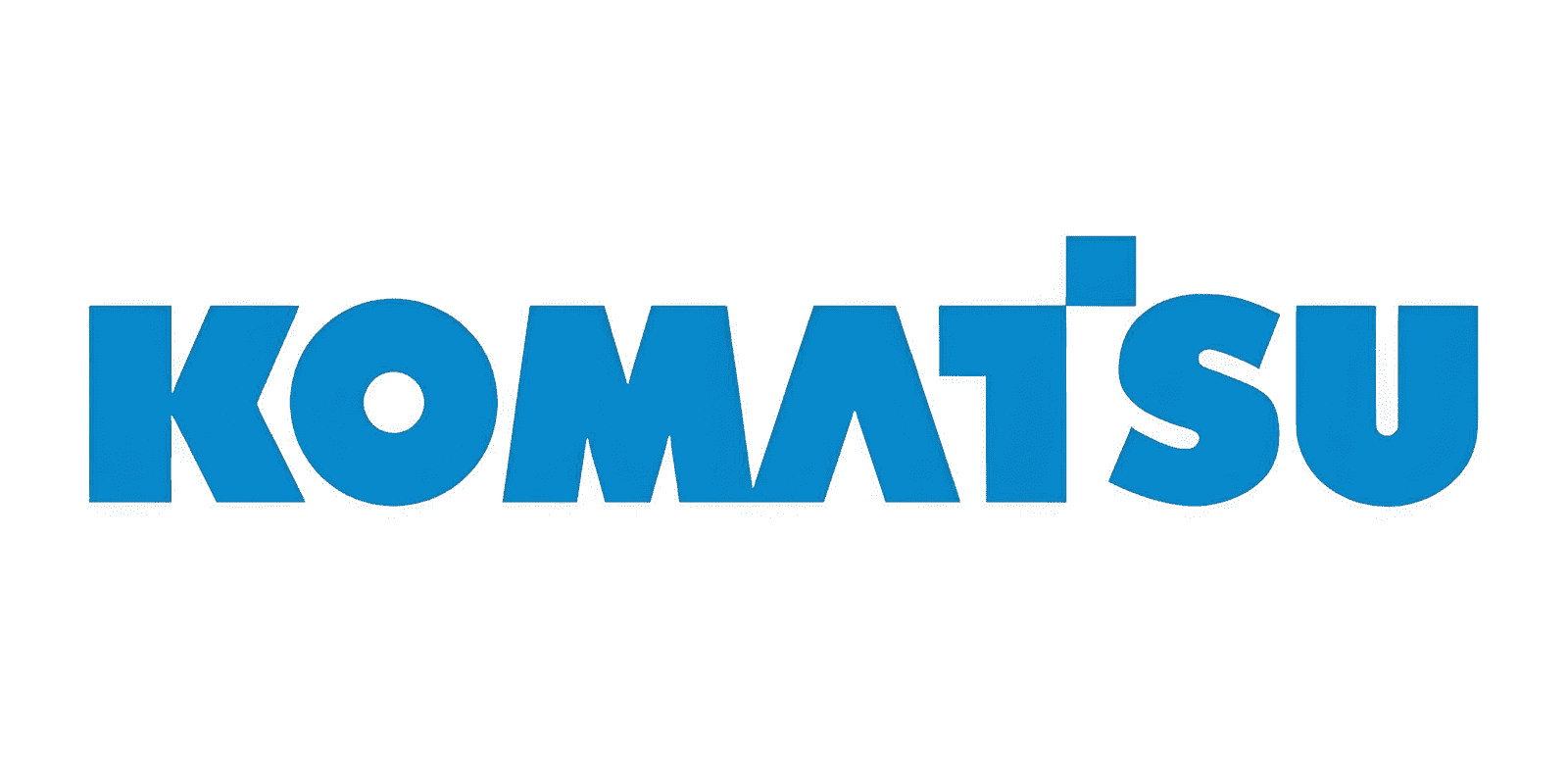Excavators are indispensable heavy machinery in construction, mining, and engineering industries. Against the backdrop of globalized trade, importing excavators from China has become a significant choice for overseas buyers. As one of the world’s largest producers and exporters of industrial machinery, China offers a variety of cost-effective excavators that not only provide economic benefits to buyers but also ensure diversity and quality of equipment. This article aims to provide a detailed guide on importing and transporting new and second-hand excavators from China.
Why Choose Chinese Excavators?
Price Advantage: The relative lower manufacturing costs in China often mean that Chinese-made excavators are cheaper compared to international markets, offering a high cost-performance ratio suitable for buyers with different budgets. This price advantage does not come at the expense of variety or quality.
Quality Assurance: Chinese excavator manufacturers often adopt advanced production techniques and strict quality control. The excavator manufacturing industry in China has developed rapidly in recent years, especially in the field of hydraulic excavators, achieving significant progress. Many domestic manufacturers have introduced and absorbed foreign advanced technologies, significantly improving product quality and performance.
Diverse Selection: Whether it’s mini excavators or large digging equipment, Chinese manufacturers can provide a wide range to meet different engineering needs.
How to Import Excavators from China?
- Identify Requirements: First, clarify the type, specifications, and quantity of excavators needed, and set a budget.
- Find Suppliers: Locate reputable and reliable suppliers through trade fairs, online markets, or industry introductions.
- Sign a Contract: Negotiate prices, payment methods, and delivery deadlines with suppliers, sign a formal contract, and pay a certain deposit to ensure smooth transactions.
- Handle Import Procedures: Manage the necessary import permits and customs procedures according to the trade policies of both countries.
- Arrange Transport and Insurance: Choose suitable transportation channels based on the size and weight of the goods and agreements made, and purchase insurance.
- Reception and Acceptance: Upon arrival of the goods, perform an inspection and pay the remaining amount, while noting the after-sales service and warranty policies.
Specific Methods of Transporting Excavators
- Container Transportation: Suitable for small excavators, offering a secure environment and protection from weather and marine conditions.
- Roll-On/Roll-Off Service (RoRo): Applicable for fully assembled large excavators, minimizing disassembly costs and risks.
- Flat Rack and Full Machine Transport: Suitable for extra-large equipment, options include simplified and higher-cost alternatives.
Furthermore, ensure transparent cargo tracking, clear customs procedures, and efficient domestic delivery.
Differences Between New and Old Excavators
Performance and Quality: New excavators come with the latest technology, offering better performance and reliability, while old excavators may have reduced performance or worn parts due to lengthy service.
Price: New excavators are more expensive but offer a longer lifespan, whereas second-hand excavators are more affordable but may involve additional repair and maintenance costs.
Environment and Regulations: New excavators often comply with the strictest environmental regulations, while old equipment might require upgrades or modifications to meet standards.
Tips for Buying Quality Second-Hand Excavators
- Request detailed images and videos of the undercarriage, especially key parts like sprockets, rollers, idlers, and tracks. Understand the maintenance history of the chassis and recent repair records, including the timing of last component replacements and any known wear issues.
- Request a cold start video to detect potential engine problems and detailed service history to understand the maintenance history of the engine, with attention to any major repairs or recurring issues.
- Conduct detailed inspections on important transmission components, including oil condition and the presence of metal filings.
Estimated Costs of Excavator Transportation
Transportation costs include purchase cost, freight, tariffs and taxes, insurance, and handling fees, varying by distance, mode of transport, and additional services needed. Specific costs should be inquired from freight agents or transport companies for detailed quotations.
In today’s globalized economy, understanding these points will provide great convenience for your import and transportation activities. Whether new or second-hand, China, with its ambition in global industrial machinery manufacturing, can provide quality and competitively priced excavator products. Through careful planning and meticulous arrangements, Chinese excavators travel thousands of miles across the ocean to support your overseas construction projects.
Why Choose Sheng Luo (a placeholder company name) for Importing Excavators from China?
- We have in-depth knowledge of the Chinese construction machinery market and own source factories, providing professional services to clients at more competitive prices.
- We always face our customers with integrity and friendliness, focusing on long-term transactions.
- We can offer a one-stop solution, including warehousing, transport, and customs clearance to ensure our clients’ convenience and ease.
If you have any machinary requirements, please feel free to contact us at any time.
Keywords:

